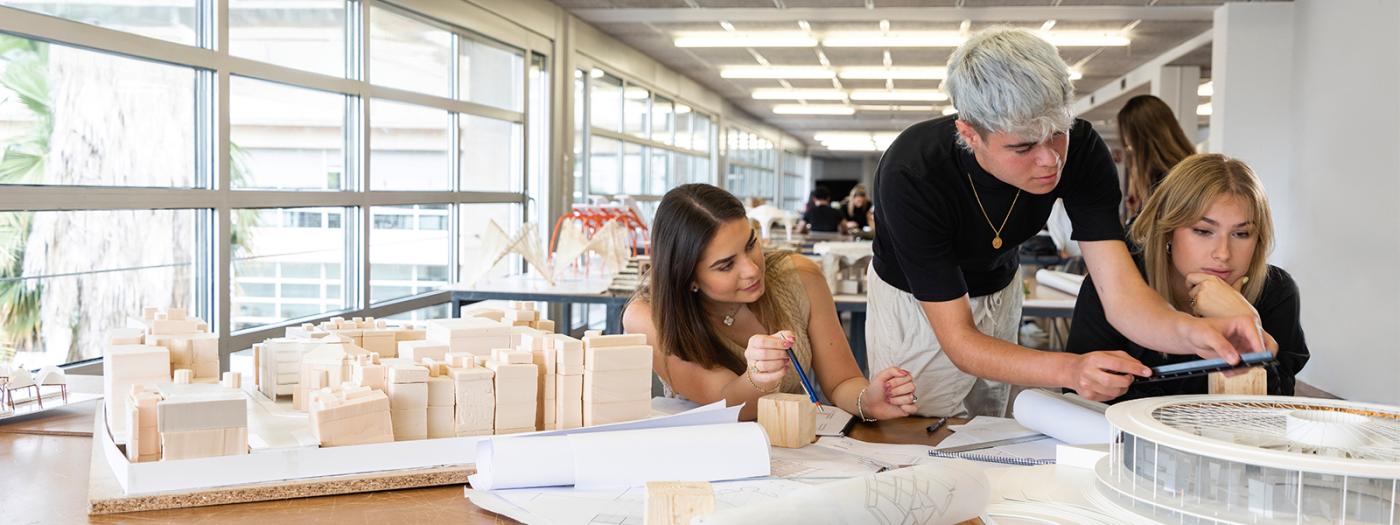· Advanced understanding of the responsibility of technicians regarding the basic principles of sustainability, health, conservation of resources, and environmental preservation in building, urban planning, and landscaping.
· Adequate knowledge of physical problems and various technologies, as well as the function of different types of buildings and uses, to provide them with internal conditions of comfort and protection against climatic factors, fire risk, occupant health, supply provision, and sustainability: low energy demand and consumption. Ability to apply formal, functional, and technical principles to the design of public buildings and urban complexes, defining their general characteristics, performance goals, and low-energy demand solutions.
· Advanced knowledge of the logic of installations.
· Acquisition of knowledge for implementation, considering aspects of construction difficulty/ease, use, or operation of installations.
· Advanced knowledge of user requirements for the building, taking into account budgetary factors, regulations, and sustainability criteria.
It is essential for the project to respond to its environment (urban planning, typological adaptation, image, materials) and, of course, from the perspective of conditioning and services.
Concepts of the site and general features of the project.
Environmental Safety Installations
Energy demand Architectural project
Control of energy demand and consumption. Space planning and installation layout. Formal result of the roofs. Relationship of installations with each other and with construction and structural elements. Pre-dimensioning. Fire protection.
Problem-solving and exercise classes
Seminar
Self-paced learning
Project-based learning
Flipped classroom
Peer instruction
Challenge-based learning
Just-in-time teaching
Lectures
Exams
Assignments
Internal/External Reports
Exercises, problems, practices
Projects
Group/Individual Presentations
Self-evaluation
Class participation/attendance
Project corrections: tutoring
Critiques by a panel/jury
